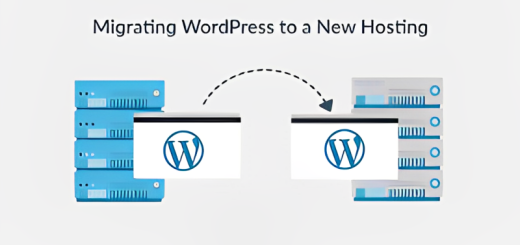Dedicated Server vs Cloud Server: Navigating Your Hosting Decision
In the dynamic landscape of web hosting, choosing between a dedicated server and a cloud server is a pivotal decision that can significantly impact the performance, scalability, and cost-effectiveness of your online presence. Each hosting solution carries its own set of advantages, making it imperative to understand your unique requirements before committing to one over the other.
Understanding the Core Distinctions
Dedicated servers entail the exclusivity of physical hardware, providing users with dedicated resources and uncompromised performance. On the contrary, cloud servers operate in a virtualized environment, drawing resources from a network of interconnected servers. The balance between performance, control, and scalability becomes the focal point of the decision-making process.
Performance and Control Dynamics
Dedicated servers stand out for their robust performance, ensuring that your applications receive undivided attention and processing power. This makes them an ideal choice for resource-intensive tasks and applications with consistent high demands. The control offered by dedicated servers extends to the ability to customize configurations based on your specific needs.
Cloud servers, while offering flexibility and scalability, operate in a shared environment. This shared nature may lead to slightly lower performance, but the trade-off is a dynamic environment capable of handling variable workloads and sudden traffic spikes efficiently.
Scalability and Financial Considerations
Cloud servers take the lead in scalability. Their inherent flexibility allows for the seamless adjustment of resources based on the demands of your applications. This scalability, coupled with a pay-as-you-go pricing model, ensures that you only pay for the resources you consume, making it a cost-effective solution for unpredictable workloads.
Dedicated servers, with their upfront investment, cater well to steady, predictable workloads. While the initial cost might be higher, the long-term cost-effectiveness can be realized in scenarios where resource needs remain relatively stable.
Key Considerations and Notes
Security Concerns: Dedicated servers, being exclusive to a single user, offer a higher level of security. If your project demands stringent security measures, a dedicated server might be the more secure choice.
Control and Customization: Dedicated servers provide unparalleled control and customization options. If your applications require specific configurations and a high degree of autonomy, a dedicated server aligns with these needs.
Uptime and Reliability: Cloud servers, with their redundancy across multiple servers, enhance uptime and reliability. However, properly configured and maintained dedicated servers can offer robust stability as well.
In the realm of dedicated servers vs. cloud servers, the right choice depends on a careful evaluation of your project’s unique demands, performance expectations, and budget considerations. By understanding the nuances of each hosting solution, you empower yourself to make an informed decision that aligns with the specific needs of your applications or online ventures.










Good day! This is kind of off topic but I need some guidance from
an established blog. Is it hard to set up your own blog?
I’m not very techincal but I can figure things out pretty quick.
I’m thinking about making my own but I’m not sure where to begin. Do you have any ideas or suggestions?
With thanks
contact on sales@hostinstance.com